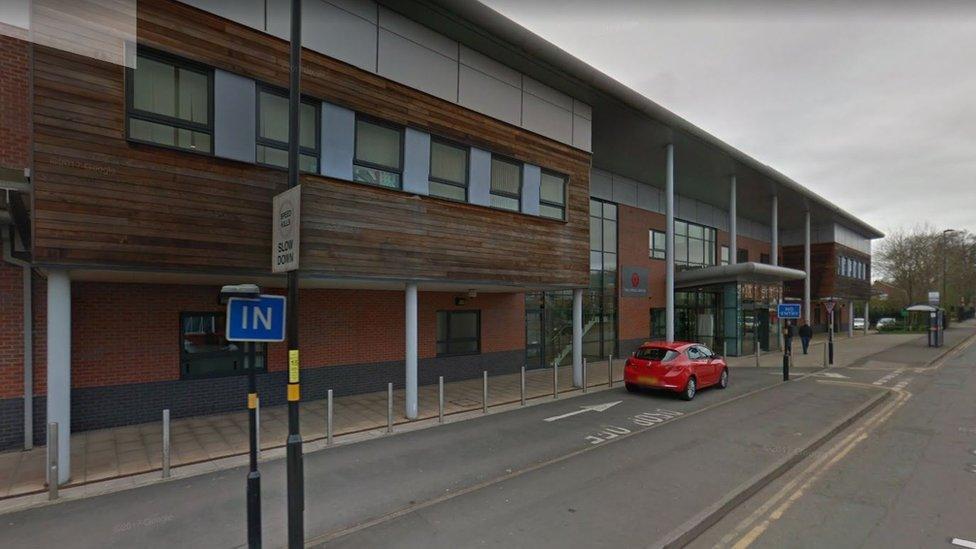Birmingham mental health unit suicide 'didn't need to happen'
- Published
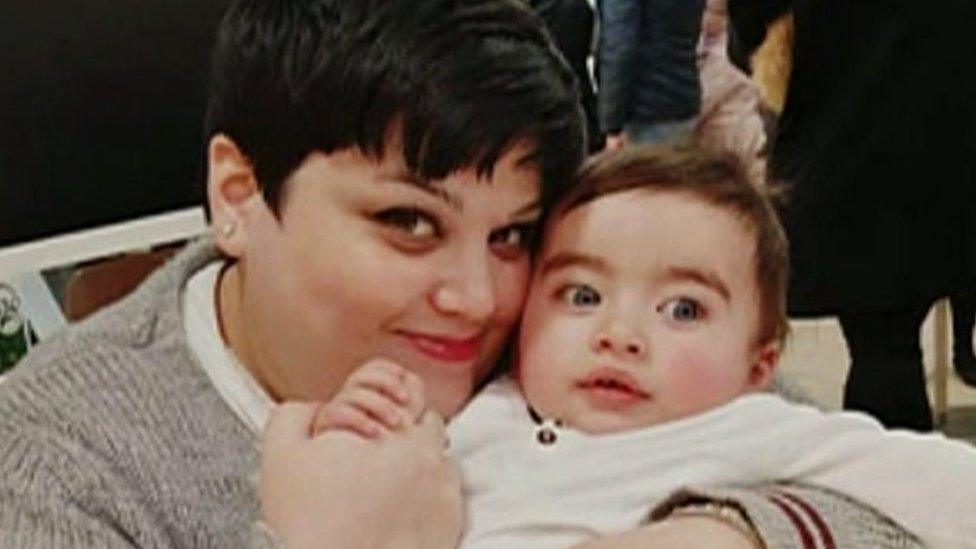
Azra Hussain, pictured with her grandson, died on 6 May last year
The family of a woman who was the seventh person in as many years to take her own life by the same means at units run by an NHS trust said it "shouldn't have happened".
Azra Hussain, 41, died at the secure accommodation in Birmingham on 6 May.
Mairi Ul Hasan said her mother "had her grandchildren to get to know [and] watch grow up".
An inquest concluded Ms Hussain would still be alive if not for a series of failures by a mental health trust.
Her daughters are now calling for a public inquiry after their mother's death at Mary Seacole House, in Winson Green.
Since her death, the Care Quality Commission (CQC) has demanded Birmingham and Solihull Mental Health NHS Foundation Trust update all its doors in secure accommodation by June.
Ms Hussain, who experienced bipolar manic episodes, died despite being on 15-minute observations.
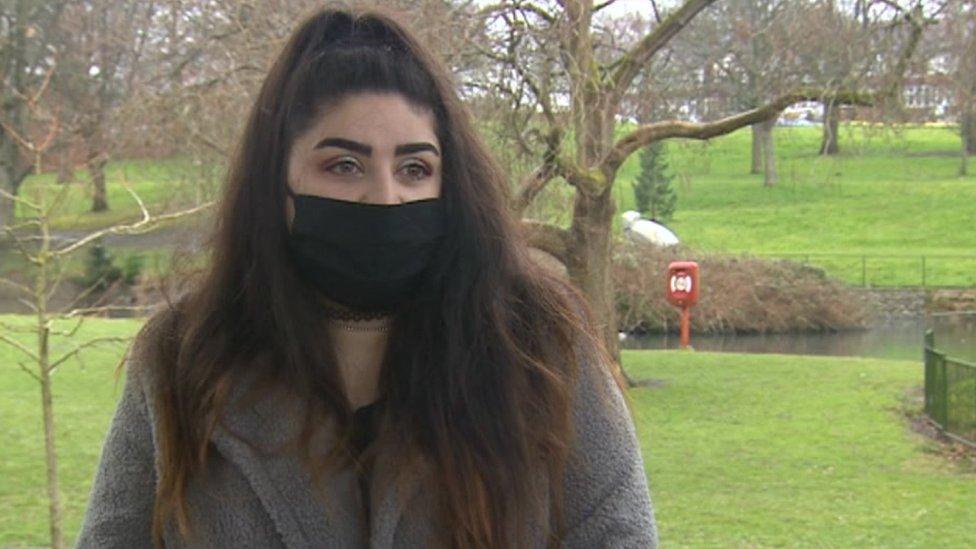
Mairi Ul Hasan said her mother was "kind" and "selfless"
"It's been heartbreaking, it's been awful," Ms Ul Hasan said.
"I can't even comprehend or put it into words how awful it's been, she shouldn't have died, it shouldn't have happened, it didn't need to happen.
"She was gone too soon... she had the rest of her life to live, she had her grandchildren to get to know [and] watch grow up.
"She didn't deserve all the pain, all the suffering," she added.
Ms Ul Hasan described her mother as someone who put everyone else before herself and was "bubbly", "kind" and "selfless".
Two months before her death, Ms Hussain had been due to begin electroconvulsive therapy, external (ECT), but due to an administrative error the treatment was cancelled and was then no longer possible because of Covid-19 restrictions.
The inquest jury concluded had she been given this treatment, she would likely have lived.

Azra Hussain experienced bipolar manic episodes
Ms Hussain's other daughter Shammyla Bi said they were calling for the public inquiry so other families did not have a similar experience.
"As a family we don't want to hear that this has happened again, we want people to go into a place of care... and not have to worry about them never coming out again," she said.
Although Ms Hussain had threatened to take an overdose in the past, she had not shown any intention of using a ligature until two days before her death.
She told her daughters of this, who then contacted staff at the unit. But no-one recorded the incident and her risk of suicide was not reconsidered.
In November 2019, the trust had given the bathroom doors the highest risk score possible. But coroner Emma Brown said nothing had been done to correct it, despite alarmed pressure sensors having existed for at least 10 years.
The inquest jury recognised there was a clear risk the bathroom door could be used as a ligature point and there was a foreseeable risk that Ms Hussain would attempt suicide.
It said had adequate measures been taken it was likely her death would have been prevented.
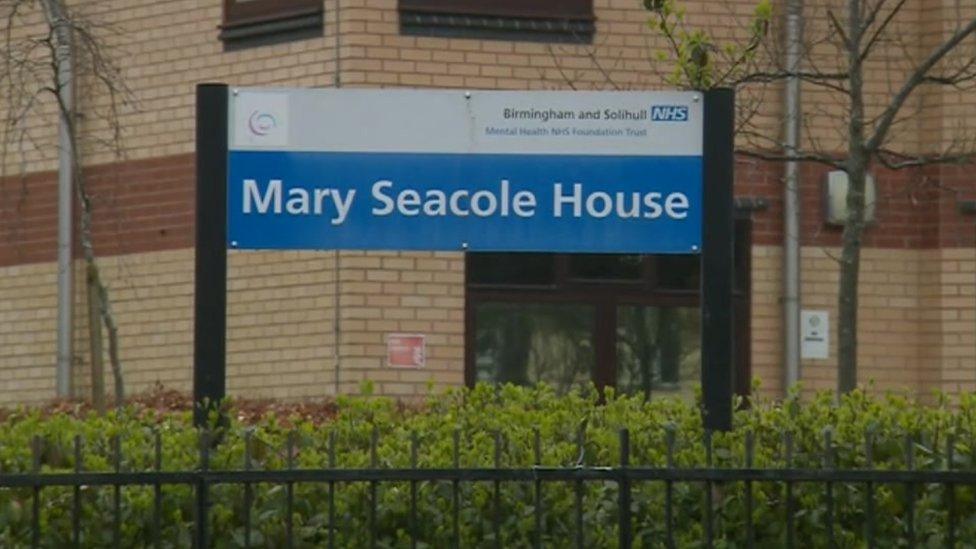
The unit has been ordered to address all ligature risks
Evidence from an internal investigation by the trust showed seven patients had died in hangings from bathroom and bedroom doors at its secure accommodation since 2013.
The coroner has requested pressure sensors be fitted to all unobserved doors in the trust's secure units.
Following Ms Hussain's death, the CQC carried out an unannounced inspection in November and in its report said the trust must address all ligature risks by June.
Ms Brown is also writing a Prevention of Future Deaths Regulation 28 letter believing - in the absence of national regulations - unless pressure sensors are fitted to all doors where patients cannot be seen in secure mental health units, then the risk to patients across the country will continue.
If you have been affected by issues raised in this story, sources of support are available via the BBC Action Line.

Follow BBC West Midlands on Facebook, external, Twitter, external and Instagram, external. Send your story ideas to: newsonline.westmidlands@bbc.co.uk, external
Related topics
- Published4 September 2019
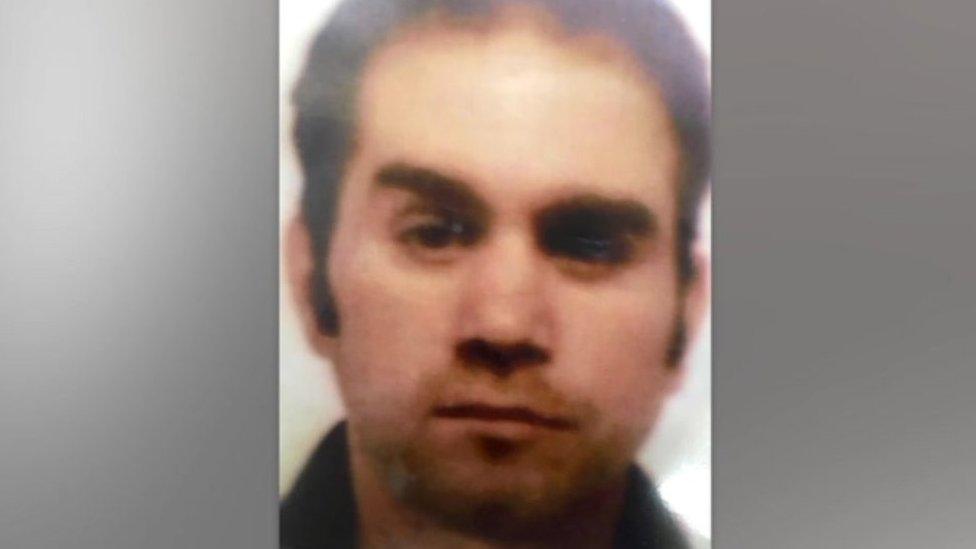
- Published26 May 2019
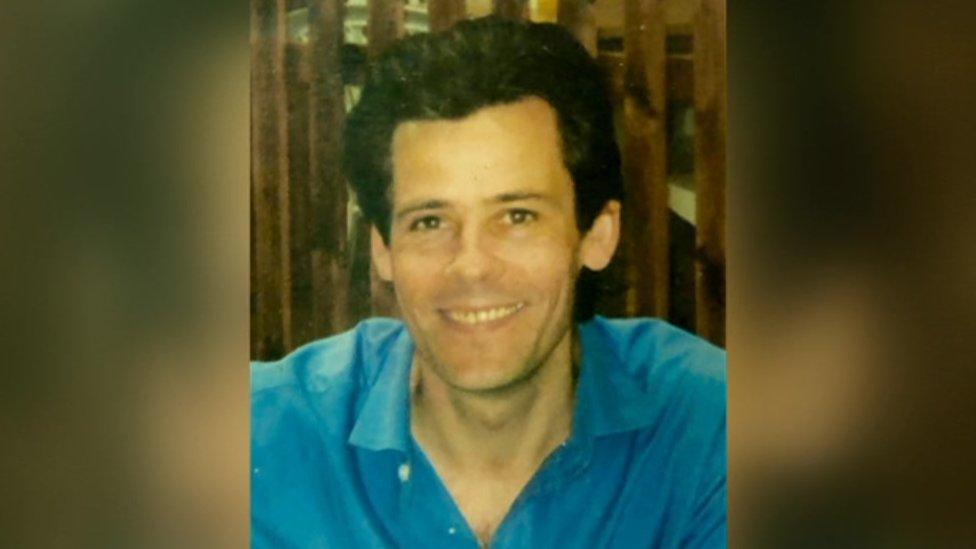
- Published1 August 2017
